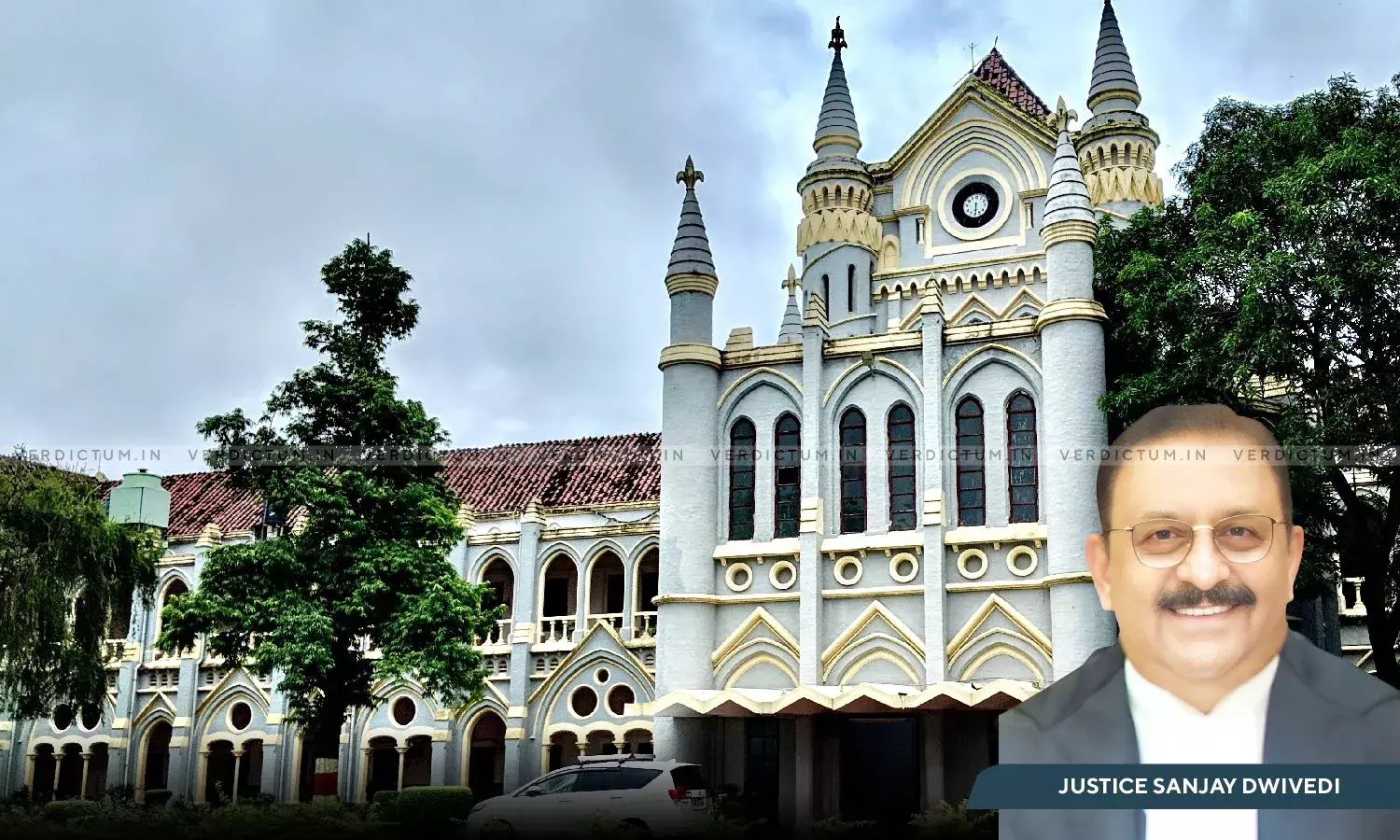Mere Consumption Of Liquor By Youngsters' In Social Gatherings Not Grounds For Prosecution: Madhya Pradesh HC Quashes FIR

The Madhya Pradesh High Court observed that it is common for young individuals to organize gatherings and parties where they assemble, and there should be no undue restrictions imposed on them. The Court emphasized that the mere consumption of liquor in a private flat owned by one of the petitioners cannot be deemed an offense.
A petition was filed under Article 226 of the Constitution of India seeking the quashment of a challan. The charges were registered under Section 34(1), 36(B), 36(C) of M.P. Excise Act, 1915, Section 7 and 5 of Madhya Pradesh Kolahal Niyantran Adhiniam, 1985, and Section 177 of IPC.
A Bench of Justice Sanjay Dwivedi said “there is no concrete evidence and material on record to constitute any offence against the present petitioners. Now a days it is very common that youngsters organize get together and parties in a place where they could assemble and no restriction can be imposed upon them. It is indisputable that the party was going on in a flat owned by one of the petitioners, and the mere consumption of liquor cannot be deemed to be an offence.”
Senior Advocate Sanjay Agrawal appeared for the Petitioners and Advocate Punit Shroti appeared for the Respondents.
The prosecution's case was based on an incident where the police received a complaint about loud music and disturbances caused by a party in a private flat.
The Court concluded that there was no substantial evidence or material to support the charges against the petitioners.
The Court cited guidelines laid down by the Supreme Court in the case of State of Haryana & others Vs. Bhajan Lal & others, specifying conditions under which an FIR can be quashed. Applying these guidelines, the Court determined that the allegations made in the FIR did not constitute any offense against the petitioners.
Therefore, the Court allowed the petition, quashed the charges and set aside further proceedings based on the FIR and charge-sheet.
Cause Title: Rajinder Singh Rajput & Ors. v. The State Of M.P. & Anr.
Click here to read/download Order


